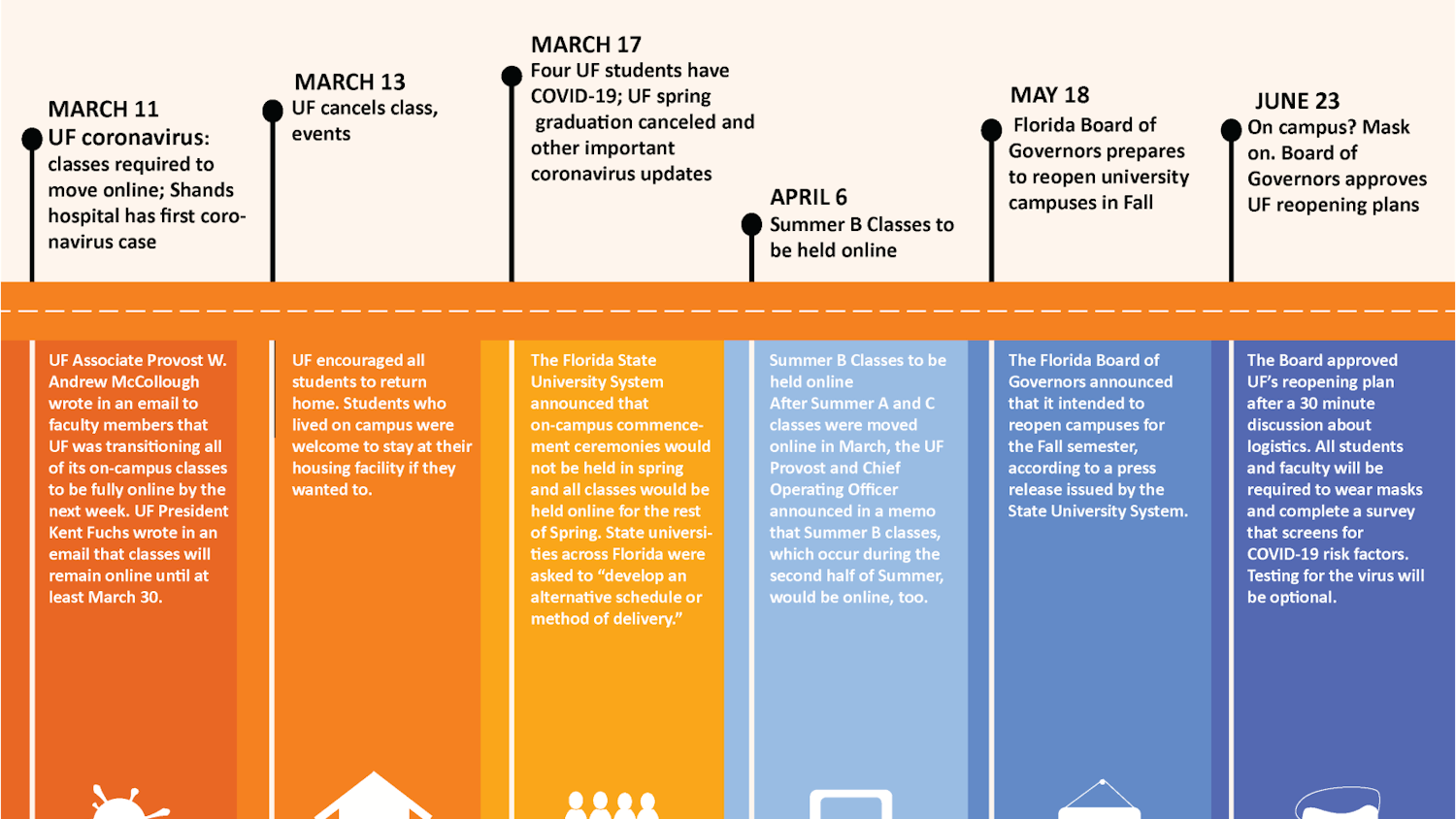After years of debate, the U.S. Environmental Protection Agency has finally released an official cleanup plan that will eliminate the Cabot-Koppers Superfund site pollution that has plagued Alachua County for decades.
On Wednesday, the EPA released its Record of Decision, a 703-page document explaining the remedial treatment options selected for use on the area.
The agency based its decisions partly on the suggestions of the Local Intergovernmental Team, which included members of the Alachua County Health Department, Alachua County Environmental Protection Department, Gainesville City Manager’s Office and Gainesville Regional Utilities.
The document includes plans to remove and replace contaminated sediment along Springstead and Hogtown creeks and to install a vertical, 65-foot-deep barrier wall beneath an engineered cap that will cover the section of contaminated soil consolidation at the site.
Contaminated groundwater in the Upper Floridan Aquifer will also be treated, and monitoring wells will be installed to monitor its condition over time.
The EPA must now finalize a consent decree with the responsible party, Beazer East, and get it court-approved before cleanup can begin, said Scott Miller, a representative for EPA region four.
The process should take between six months and a year to complete, with another two years allotted to conduct cleanup efforts.
The document is the EPA’s final cleanup plan, and the county doesn’t have legal options to combat it if it doesn’t meet all its recommendations, said Chris Bird, director of the county environmental protection department.
Bird hopes the EPA will begin the cleanup process as quickly as possible and that the agency will focus on first improving polluted residential properties.
The work on private homes should be easier and faster than work on the actual site, which will require more expensive and technical cleanup methods, he said.
The county’s environmental protection department and other agencies will evaluate the plan to see which recommendations were accepted and which were overlooked.


![The cleanup will be from 9 a.m. to noon and will start at Massey Park. [Graphic by Aubrey Bocalan]](https://snworksceo.imgix.net/ufa/c6a5b630-aad6-4a83-868c-905e4adcd33c.sized-1000x1000.jpeg?w=1500&ar=16%3A9&fit=crop&crop=faces&facepad=3&auto=format)


